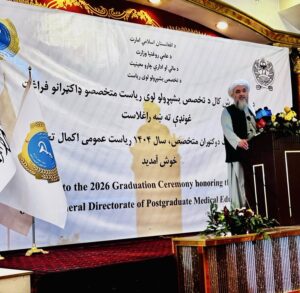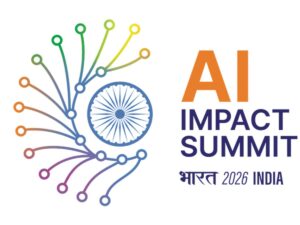Salam Watandar conducted interviews with 26 university graduates from various fields to assess the alignment of university curricula with job market needs.
Among these 26 graduates, 14 expressed dissatisfaction with outdated curricula, limited relevance to job market demands, and the lack of practical training. They state that these deficiencies during their education have led to challenges in the workplace after graduation.
12 of the interviewees are satisfied with the applicability of what they learned at university. These university graduates come from diverse fields such as six in dentistry, three in midwifery, five in journalism, three in economics, four in law, one in geology and mining, one in Farsi language and literature, one in German language and literature, one in agriculture, and one in education. These graduates have completed their studies at both public and private universities.
Of the six dental medicine graduates, five report that the knowledge gained at university has had little practical application in their work environment. They view the outdated curriculum in Afghanistan as a significant challenge for students and urge the Ministry of Higher Education under the Islamic Emirate to review and update university curricula.
Some graduates in the medical field mentioned that what they learned at university has not been highly applicable in the workplace, though it helped to some extent.
Sohaila Razeq, a graduate in dentistry from Kabul Medical University and now working as a dentist, says: “The topics we studied at university have no relevance to clinic work. At several clinics I visited, what we learned didn’t match their practices.”
Hasina Rasuli, another dental graduate from Kabul Medical University, also shares: “We didn’t learn what we were supposed to. We faced challenges because the material we were taught was basic and insufficient. More courses and books should have been included.”
Graduates interviewed for this report also complained about the theoretical nature of university curricula. According to them, practical training was largely neglected during their studies.
Amira Ahmadi, a midwife working at a hospital in Kabul, says that during her studies, little attention was given to practical work. “At university, the practical training we needed was unfortunately not provided, even though there were facilities for it. We lacked good guidance,” she adds.
Shahab Qiam, an engineer, also expresses concern: “What should have been taught in our field, such as practical software, wasn’t done. This area was neglected.”
Another challenge for graduates is outdated course materials, which creates further issues in their professional careers.
Several of the graduates in this report mention that the higher education curriculum in Afghanistan does not meet international standards and that much of the academic content has not been updated for years.
Mozamel Mehrabi, a journalism graduate, says that due to the outdated curriculum, he is now facing difficulties in the workplace. “The materials we studied were from many years ago. The skills we needed to learn were not taught; when I entered the field, I saw there was a big difference.”
Gulsher, a graduate in economics, says, “The books have not been updated, which causes problems. The textbooks are from 20 years ago, not relevant to the current job market.”
However, 12 out of the 26 interviewees are satisfied with what they learned at university, finding it useful for addressing their professional needs.
Ali Reza, a journalist, states that during his studies, he was taught useful skills. “The skills I learned were practical; the lessons were theoretical, but without them, I wouldn’t be in my current job. I faced some short-term challenges that I was able to overcome.”
Khadija Mayar, a dentist, says, “What I learned was very useful, and what I studied at university, I now apply in my work. Afghanistan may not have high-quality education, but it was still helpful.”
Some education experts believe that university curricula are mostly theoretical, which causes graduates to struggle in the workplace.
Balusha Jalili, a professor at a private university, says, “Unfortunately, what is taught in universities is very different from what students encounter in the workplace. Most university courses are theoretical, and practical work is not sufficiently covered.”
Similarly, Qais Mohammadi, an education expert, states, “In Afghanistan, curriculum development is not done professionally. What is created is influenced by outdated mentalities and doesn’t incorporate new topics. The government should review global advancements every 10 years and update the curriculum accordingly.”
Salam Watandar attempted to get the perspective of the officials from the Ministry of Higher Education under the de-facto Islamic Emirate government for this report, but repeated efforts were unsuccessful.
Nevertheless, education experts agree that keeping university curricula up to date and relevant to the job market is crucial for students. In fields such as the natural sciences, there is a need for more emphasis on practical training as well.






